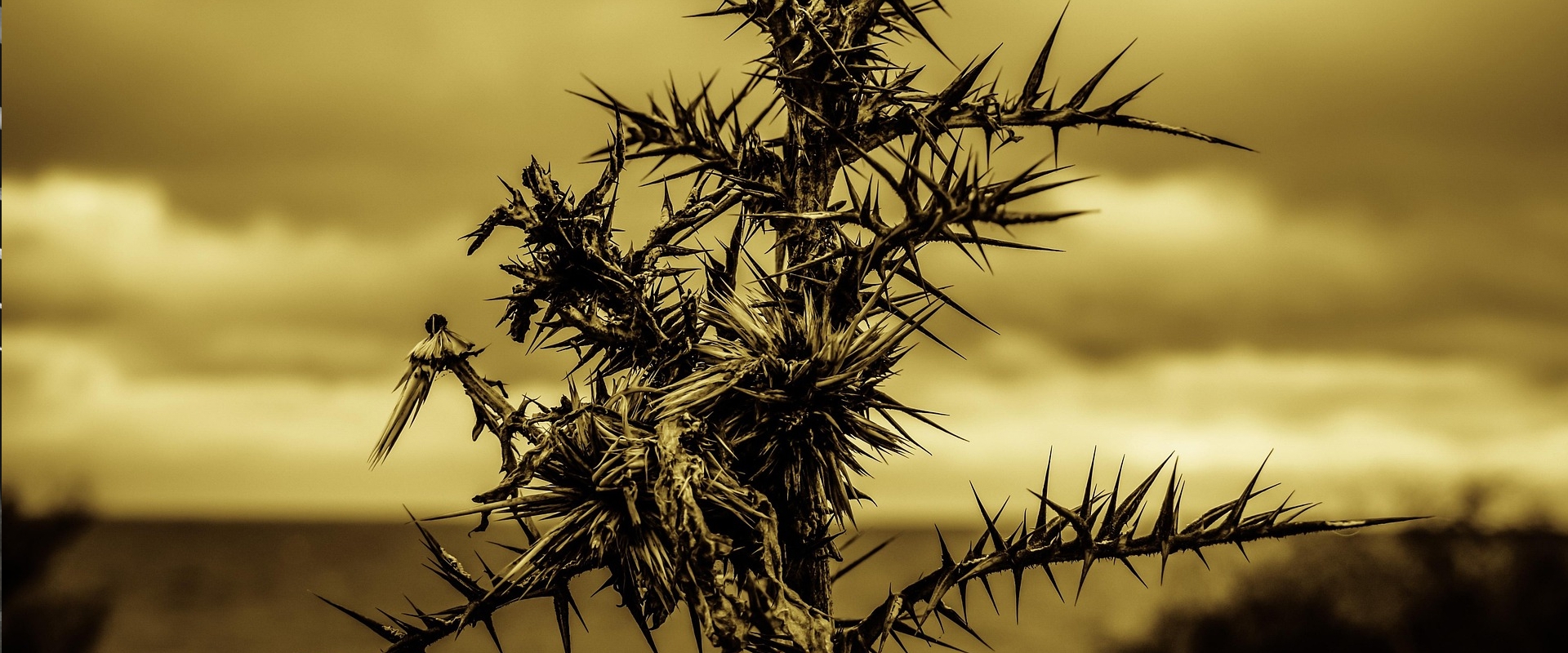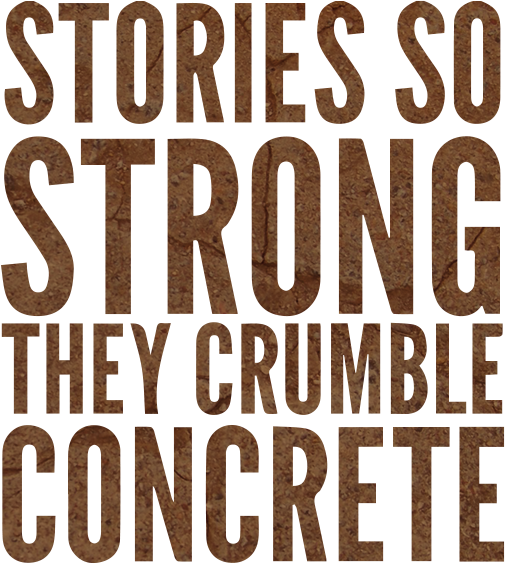Poetry
Excerpts from 'Release: Women in prison write about self-harm and healing'
by Leah Thorn

gender personal-narrative poetry prison-industrial-complex
Introduction
This book was written for you. Of course, I don’t know who you are and the women who wrote the poems and life stories in this book don’t know you personally. But we decided it was important to share what some women have thought and felt about their lives and about self-harm, in the hope that their experiences will mean something to you. And whatever your relationship to self-harm might be, maybe these women’s words will encourage you to write your own story.Writing can be a good way to explore, and show, what’s going on inside of you. As Anne-Marie, one of the poets in this book, told me, ‘Writing helps me make sense of my emotions, helps me understand how I feel. It helps me communicate and offload’. And as Anne Frank* wrote in her diary, ‘Paper is more patient than people’. The piece of paper you write your thoughts on won’t tell you that you’re stupid, wrong, or ‘crazy’ and it won’t say ‘That didn’t happen’ or ‘You didn’t see that’.
With poetry, you can express your thoughts and release your feelings in a very few words. It can help you reach out and feel less alone. And because so many women have had the reality of their experiences denied or ignored, writing your life story can be a way of putting the record straight and taking chargeof your life.
As a poet, I write about issues that are important to me – about being a woman, about being the daughter of a Holocaust survivor, about the mental health system. I also help others to write what they want to and for the past eight years I have been running creative writing workshops in prisons. I was inspired to do this work by Mark, who had been in prison for a long time when I met him and who taught me how writing was his freedom. He taught me that no-one can lock up your mind, no-one can dictate where your imagination can and can’t take you.I do the work I do because I want us as women to feel good about ourselves and I want us to have places where we can speak openly and honestly about our lives. This is an essential part of building a future where women are no longer mistreated, put-down, abused or seen as ‘less than’. I also want women to have safe outlets for painful feelings, so that no woman would feel a need to hurt herself.
Many women in and out of prison self-harm. Although only 5% of prisoners in this country are female, women account for almost 50% of reported cases of self-harm in prison. As women, we’re not born wanting to hurt ourselves, not born feeling bad about ourselves or struggling to let our feelings out. But things happen to us that leave us feeling that we deserve to be hurt, just for being female and for being young or Black or poor or any of the other identities women have.There are, of course, many ways a woman can hurt herself. Feeling like she’s worthless might mean that she ends up in a series of abusive relationships or numbs herself with drugs, alcohol and other addictions.
For some women, injuring themselves seems like the only way to deal with painful emotions, the only way to get through their life or through their time in prison. When I was employed by the Writers in Prison Network to be a writer- in-residence in a women’s prison, women told me over and over again about their early experiences of abuse, humiliation, abandonment, violence or threats of violence – experiences that left them with unbearable feelings that seemed impossible to face. One result of these experiences is that women blame themselves and hurt themselves before someone else can.This book is an example of women writing the truth about their lives. I met all of the women in prison and they wrote their poems and stories in my workshops or whilst working one-to-one with me. Their experiences are sometimes painful to read but I hope you’ll find it inspiring to learn what other women have survived. Maybe you’ll be encouraged to write your story.
On pages 58–66, I offer some ideas to help you find a way into writing and also for dealing safely with feelings that may come up as you write.Why not have a go?
Ann-Marie // An Outlet for Pain
I was roughly twelve when I first self-harmed. I still have half the letter M (for Mum) on my left shoulder. It was about the time I was being sexually abused by my uncle.
I wanted and needed an outlet for all the anger and pain I was feeling inside.I broke a bottle and cut a letter M. I was a bit scared to do it, I thought it would be painful. I managed to somehow turn off mentally to the pain. I was surprised that I actually felt good during and after I’d done it.
Prison has actually helped by talking to other self-harmers who’ve stopped. I don’t do it that often any more. I mainly do it when I’m angry or very low in mood. I don’t worry about my scars. If I’m asked, I tell people honestly howI’ve got them.
Writing helps because I’m able to express my feelings in a positive way. I would love to be a non self-harmer now.I’m going to try. I would like to be able to encourage others to stop.
Shut
I learnt
to slice
to cut
to help
my mind’s thoughts
shut.
Mohawk // I Never Forget
I am gay and have known it from very young. I lived in a very small village up North. The only people to talk to were either your parents or your doctor or anyone at school you could trust.I started cutting at fourteen. I needed to meet other gay people. I got taunted at school so I would go to the toilets and cut the tops of my arms with a compass. I had no-one to talk to about my sexuality, certainly not my parents as they made it perfectly clear being gay was disgusting.
At first, I cut out of anger. This is the time when the blade came out – it gave me the release that I needed. I do believe that if I had had someone to talk to at fourteen, the self-harm would not have been as bad.This should have been picked up at the age of fourteen but I hid my scars well so no one noticed. My family let me down by not noticing the signs, like the difference in my behaviour at that young age.
At fifteen, I was brutally beaten up by a large gang of men because of my sexuality. I was left for dead in a bus shelter. I was hospitalized for three months on a ventilator because I took all the blows to my face and neck and I was barely able to breathe. I lost twelve weeks of my life in hospital.As I recovered, I changed as a person. I was full of hatred and anger. I had become one of them. The self-harming became worse and worse and the deeper I cut the better I felt.
I went out and bought three knives, which I used on myself and intended to use on my attackers. At fifteen, I was too young to get my revenge but I’d think, One day, just one day.Seven months later, (I was now sixteen years old), I was raped. Everything now had been taken away from me, even my purity. Self-harming became my best friend.
I reaped revenge and I am now paying for it. I go through different stages of self-harm to get release. If I do not self- harm, someone else would be on the receiving end.I can’t say prison makes it worse because I have lived with those two incidents for twenty nine years, day in and day out. I go to bed every night and cry at what happened to me. I tend to self-harm at night when all is quiet and there are not too many people to stop me. I’ve had two near death experiences by self-harming because I lost so much blood. I have tried coping strategies but to no avail. It only needs one slight thing to trigger me off.
I am now classed as unpredictable, violent and dangerous and I do agree, but the two incidents that happened to me changed me. I never forgive and I never forget.My left arm is so bad I now have crevices in it from top to bottom, like driving on a bumpy road. I try to cover them up with tattoos but I keep on self-harming so it’s impossible to cover them. It’s like being a junkie. You just get hooked and there’s no going back.



